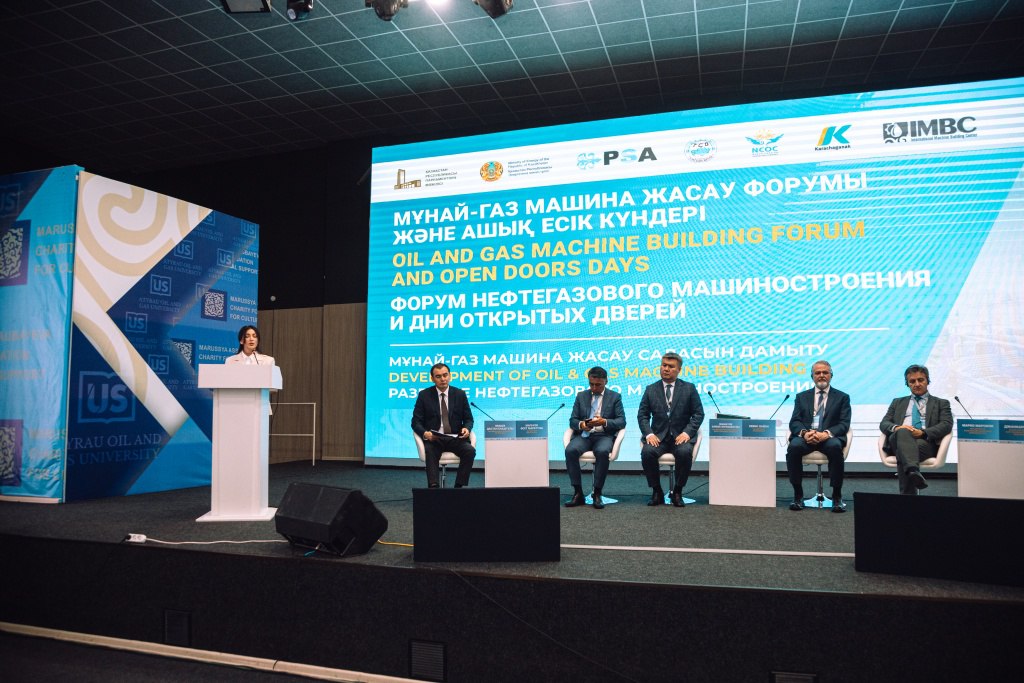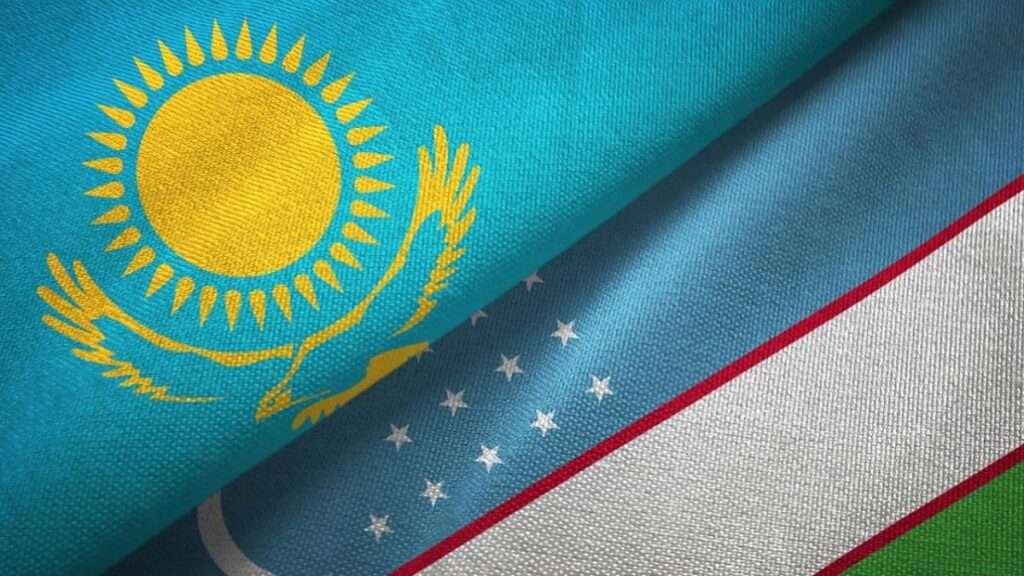Russian Securities Are Leaving Kazakhstan — Reports
The Central Securities Depository of Kazakhstan has urged those in the financial sector to send orders to withdraw Russian securities from their nominal holding by August 1. These statements were reported by RBC, which referenced a notice letter by a Kazakhstani brokerage to its clients and a source within the financial sector, who confirmed the authenticity of the letter. In the letter to clients, the broker informed them that he received a letter from the Kazakhstan depository notifying him about the necessity of completing deals with the National Settlement Depository by the end of the month. Quoted by the broker, the message of the Kazakhstan depository states that, "The Central Securities Depository notifies you that you need to conduct transactions with the participation of National Settlement Depository JSC that are ordinary and necessary for the alienation of debt or shares in favor of non-U.S. persons and not included in the U.S. blocking sanctions list, by August 1, 2024. After this date, the possibility of executing orders by the Central Securities Depository on these financial instruments will be considered, taking into account the peculiarities of possible restrictions.” In the letter, the Central Securities Depository informs clients in advance about possible restrictions and difficulties in executing orders on securities with the prefix RU before the ISIN after the specified date. The Depository also added that when processing orders from clients, the Central Securities Depository will consider the possibility of their execution, considering the risks and consequences that may arise for itself. "In essence, the letter says that they recommend finalizing all settlements and ridding Kazakhstan depository of securities with Russian ISINs. The Kazakhstan depository does not want to see these securities in portfolios," - says Julia Khandoshko, CEO of European broker Mind Money. In mid-June, the US Treasury Department's Office of Foreign Assets Control (OFAC) included the Moscow Exchange, which owns 13.1% of KASE shares, in the Specially Designated Nationals requiring sanctions list. The exact volume of Russian securities held in Kazakhstan is still being determined. However, from March to December 1, 2022, Bloomberg estimates that Kazakh brokers conducted transactions with Russian federal loan bonds totaling $1.4 billion.






